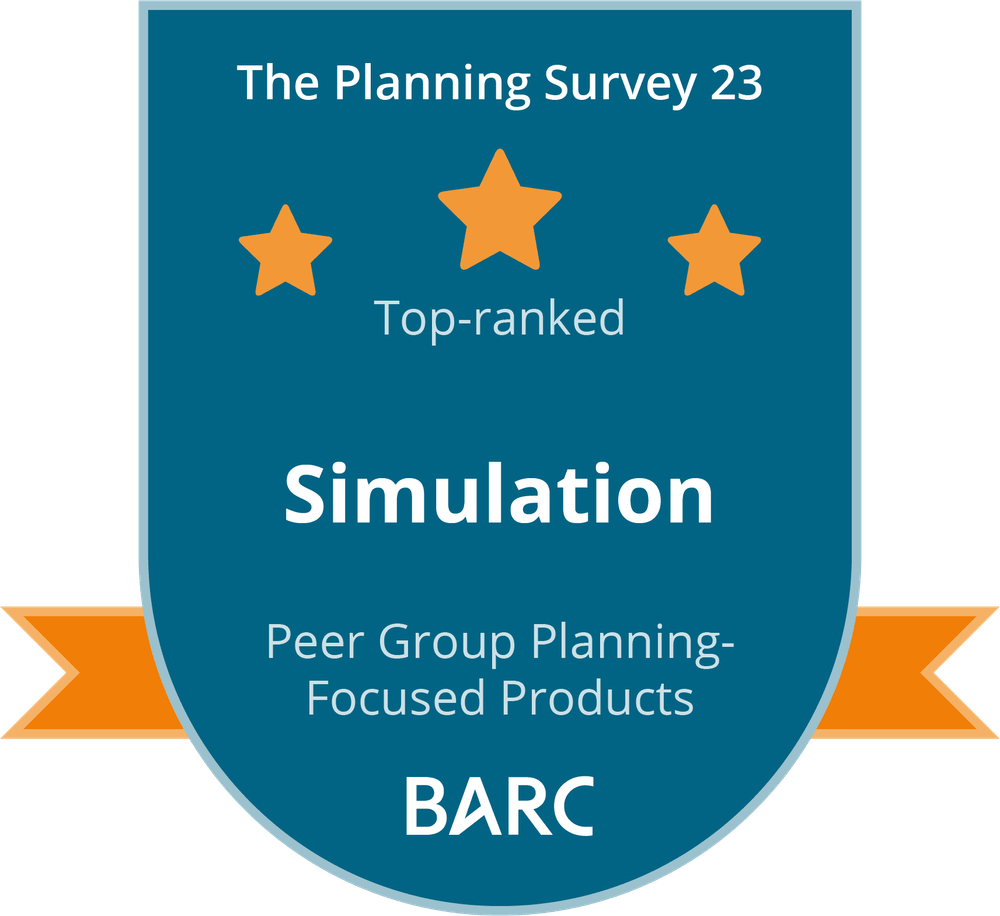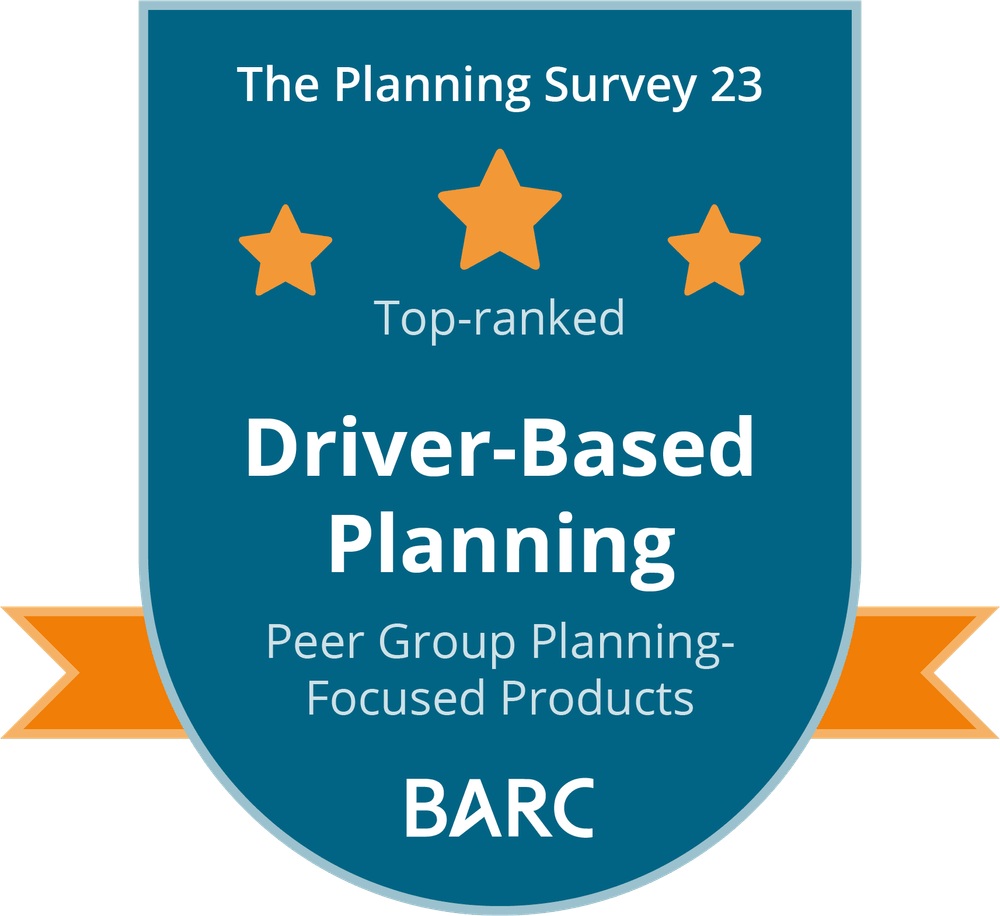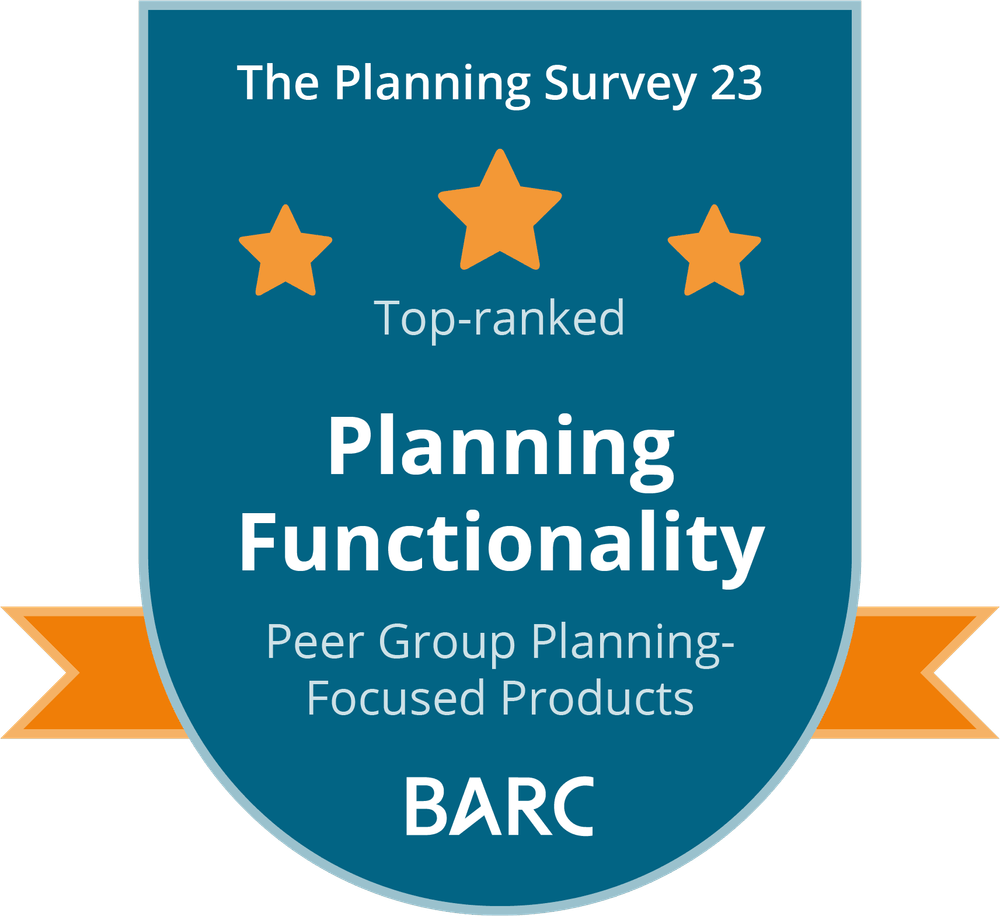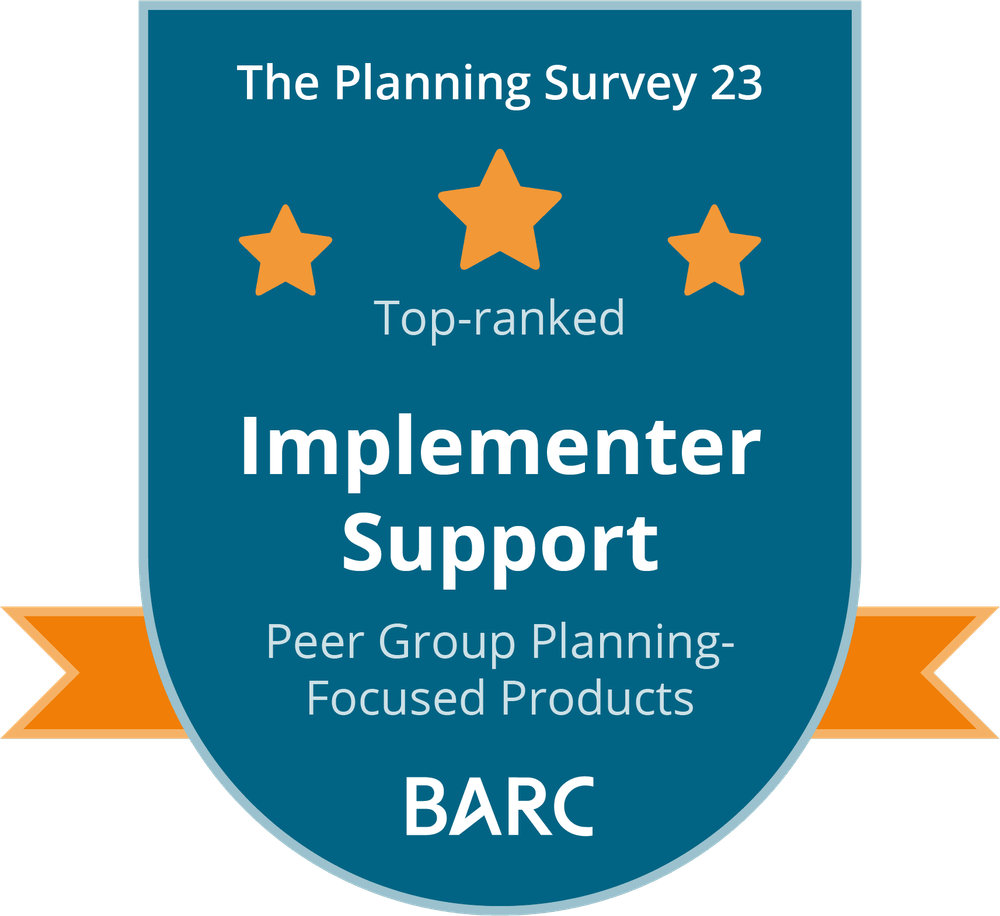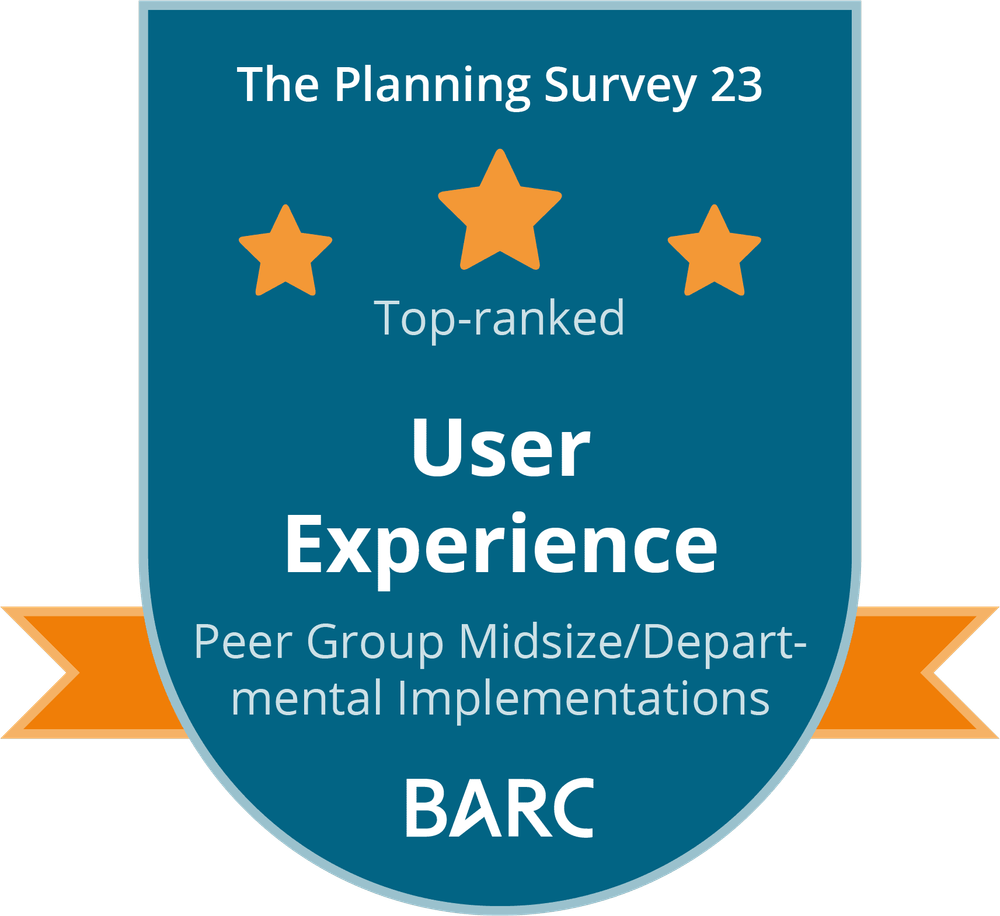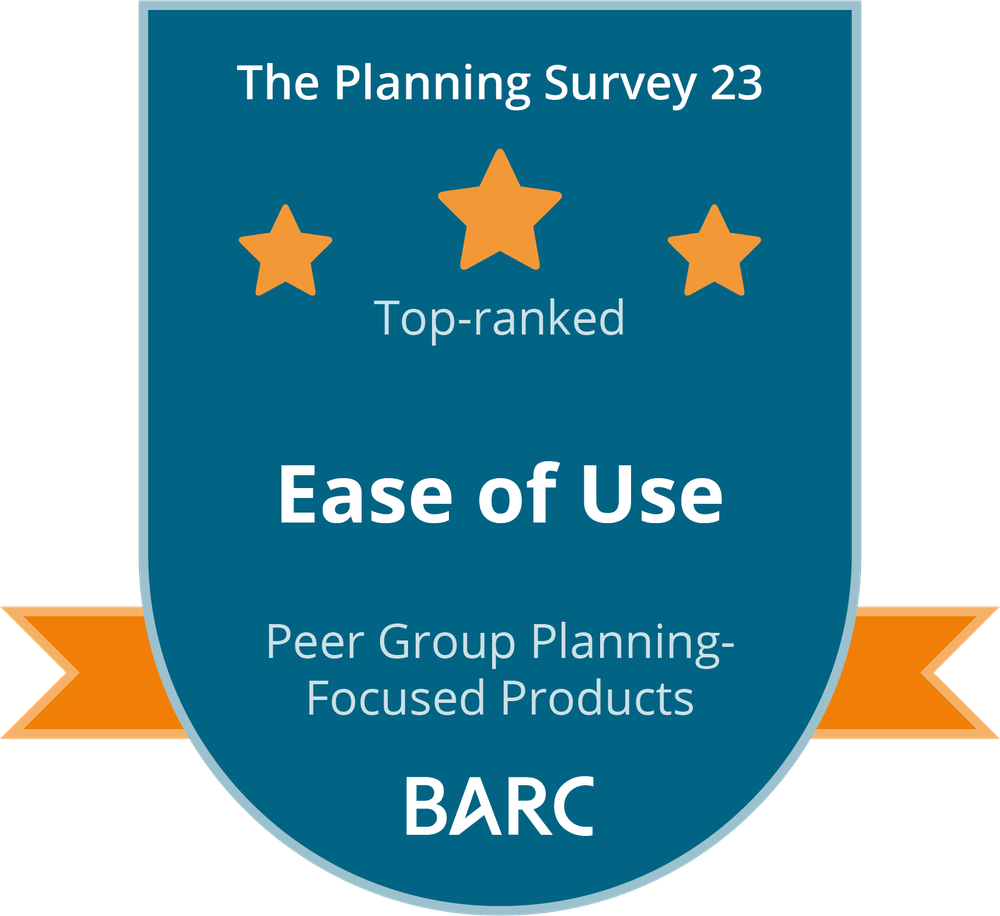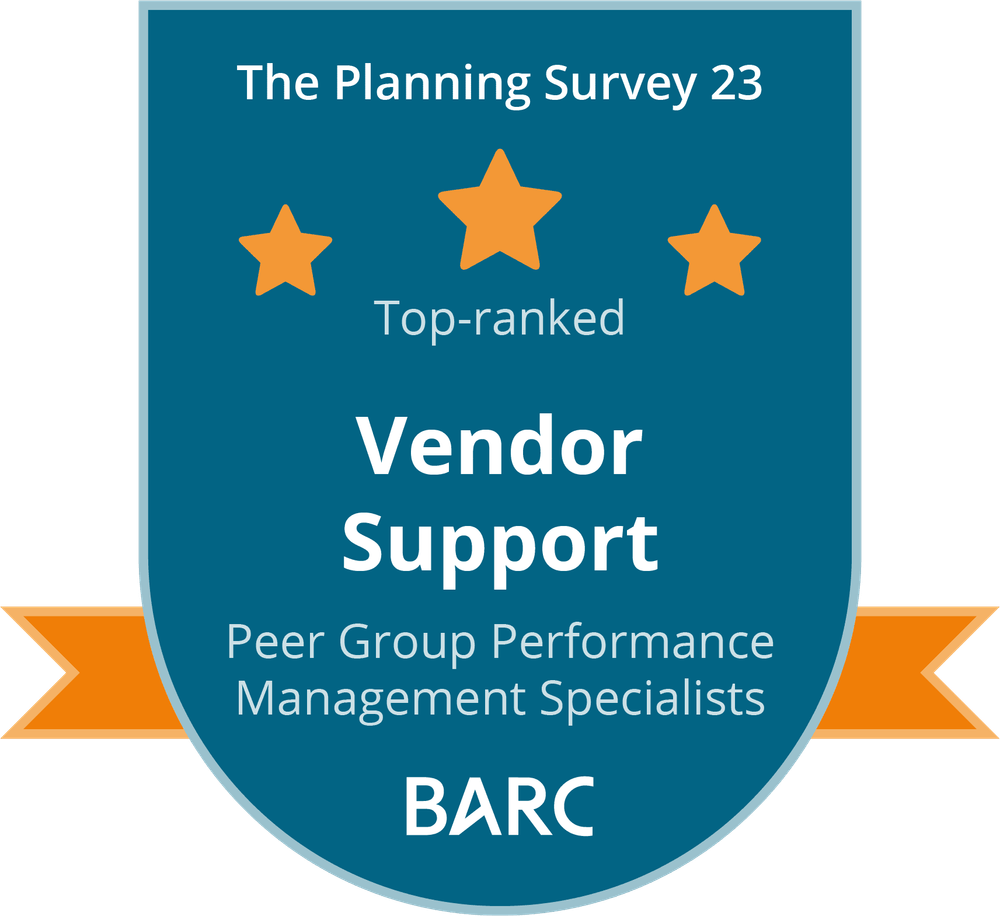
Green Controlling
Sustainability Management Beyond ESG Reporting
The right performance management model for the financial evaluation of your sustainability strategy

Green Controlling as a Cornerstone of Corporate Performance Management
Companies face growing challenges in managing their sustainability contribution. A sustainability strategy and transparent KPIs are crucial for sustainable business practices. Valsight assists you in financially evaluating your sustainability strategy and seamlessly integrating it into corporate performance management.
Sustainability as a Business Opportunity
The dynamic regulatory developments in the area of sustainability open up new future perspectives for companies. FP&A teams, as experts in planning, managing and controlling financial performance, are being asked to expand their remit to include sustainability performance assessment. This means thinking beyond mere reporting and tapping into economic revenue opportunities in various business areas, including the identification of sustainable business models.
FP&A as a Driver for Corporate Sustainability Efforts
Sustainability means considering the triple bottom line of "people, planet, profit" as an integral part of all business decisions. FP&A teams, as process owners of corporate performance management, play a central role in the sustainability transformation of companies by integrating sustainability planning into financial planning and developing sustainability KPIs that contribute to overall business goals. This also involves defining new KPIs to measure social and environmental goals.
Integrate Sustainability Into Corporate Performance Management With Valsight
From "how to comply" to "how to add value": Future-oriented corporate performance management focuses on the financial evaluation of the sustainability strategy beyond mere reporting. A holistic integration of sustainability into corporate performance management includes planning, controlling as well as monetary incentives in addition to reporting. With Valsight, you can develop the appropriate performance management approach and flexibly simulate different measure effects.
Your Custom-Fit Simulation Model for Green Controlling
No matter where your company stands on sustainability, we will work together to define, simulate, and test the appropriate performance management model for you. As experts in simulating financial KPIs and defining the underlying value drivers, we support you in answering all relevant questions.
